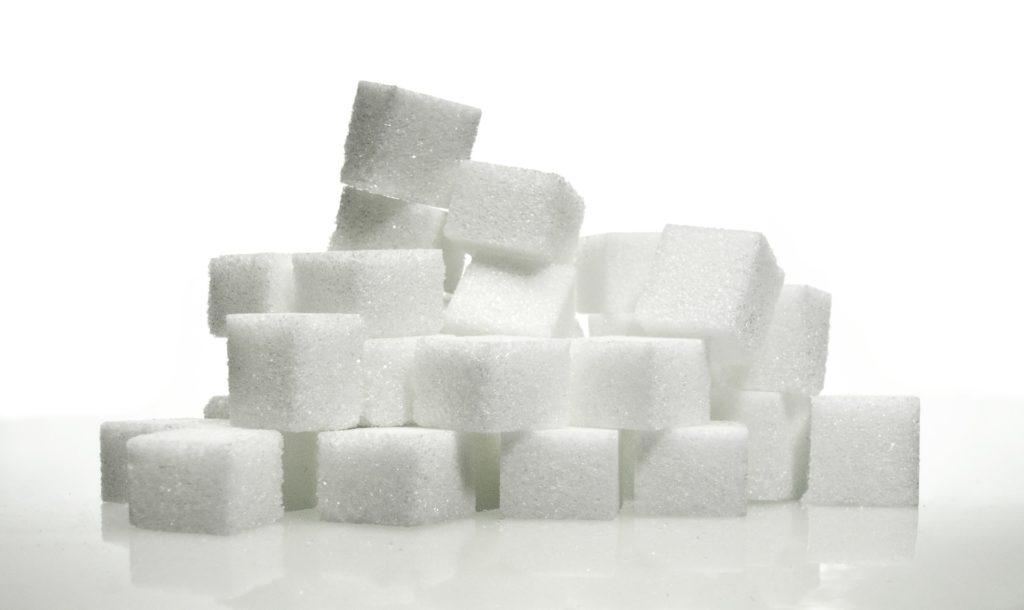Britain’s sugar tax officially takes effect today, meaning soda companies will have to pay taxes on drinks that contain over five grams of sugar per 100ml (a cost of 18 pence per litre) and an even higher tax on drinks with eight grams of sugar or more per 100ml (24 pence per litre). Soda manufacturers have been responding to this sugar tax by either reducing the sugar content of their formulations or proposing price increases on their products.
The Soft Drinks Industry Levy was announced by George Osborne, former Chancellor of the Exchequer, in his 2016 budget speech. The purpose of this sugar tax is to reduce the sugar consumption of consumers in order to combat obesity in Britain. Any drinks that contain above the limited amount of sugar – including sucrose, glucose, fructose, lactose and galactose – will be affected by this levy. However, the sugar tax does not include products that contain sugar replacements such as stevia, aspartame, sucralose or erythritol. Liable drinks that were packaged or brought into the UK prior to the start date of the levy (April 6) will not be taxed.
Major international soda companies such as Coca Cola, PepsiCo and Red Bull seem to be unfazed by the sugar tax as they plan to pass on this price increase to their consumers. Coca Cola has already decreased the size of their 1.75 litre bottles to 1.5 liters and increased the price by 20p to £1.99. Their 500ml bottle prices have also increased from £1.09 to £1.25.
The company plans on retaining their original recipe for Coke but they have been investing in marketing their zero-sugar beverages. One month after Osborne announced the levy, the soda giant invested £10 million in marketing the relaunch of their Coke Zero product. The move came after the company invested £30 million in reformulating this zero-calorie beverage along with redesigning the packaging for Coke Zero to make it look more like the original Coke’s packaging. The company hopes that their marketing initiatives will help boost the sales of their Coke Zero, Coke Life and Coke Diet products from 43 percent of overall company sales to 50 percent.
Since the announcement of the sugar tax, a significant number of other European companies have also invested in reformulating their products. Nestlé’s UK and Ireland division recently released a reformulated version of their Milkybar Wowsomes products with their new sugar-reduction technology. According to the CPG giant, new Milkybar Wowsomes have 30 percent less sugar than their original counterparts. Tesco is also a major retailer that invested in reformulating their private brand soft drinks in order to be exempted from the levy, bringing 85 percent of their drink products below the 5g of sugar limit. Britvic claims to have brought 94 percent of their drinks down to the exemption limit as well.
Drinks that are not exempt from the sugar tax include beverages such as milk, milk replacements, alcohol replacements, fruit or vegetable juices that have no added sugars, liquid drink flavorings, drink powders, open-container cocktails, infant/baby foods and diet replacements. However, milk products that qualify must be at least 75 percent milk. This includes milk types such as animal milk, reconstituted or recombined milk, fermented milk, buttermilk, whey and reconstituted or recombined whey. Cream does not count as a milk product according to the levy.
In addition, to be considered as a milk replacement, products must contain at least 120 milligrams of calcium per 100ml. Milk replacements must also be derived from legumes, cereals, nuts, seeds or other types of plants. These products need to be a direct replacement for milk as well, meaning that they have all or most of the same applications as milk as well as its consistency. Carbonated milk products are not exempt from the sugar tax.
Government officials hope that this new law will address the obesity problem in the UK. According to Public Health England (PHE), two thirds of adults and 25 percent of children between the ages of two and ten are overweight or obese. The organization also claims that if nothing is done about this issue, about 70 percent of adults in the UK will be overweight or obese by 2034.
However, the announcement of this tax has led 50 percent of manufacturers in the UK to reformulate their products below the levy threshold. The Treasury expects to raise about £240 million from the tax this year and it plans on using these funds for promoting healthy school programs, which includes investing in healthy eating programs and school facilities for exercise and after-school activities.












Join or login to leave a comment
JOIN LOGIN